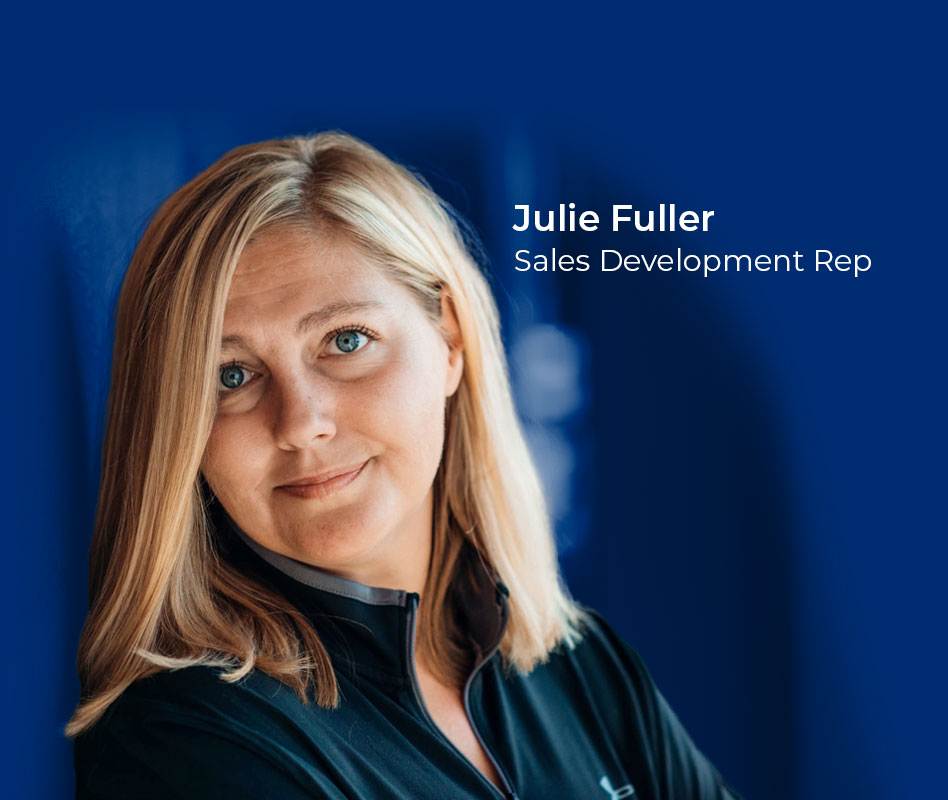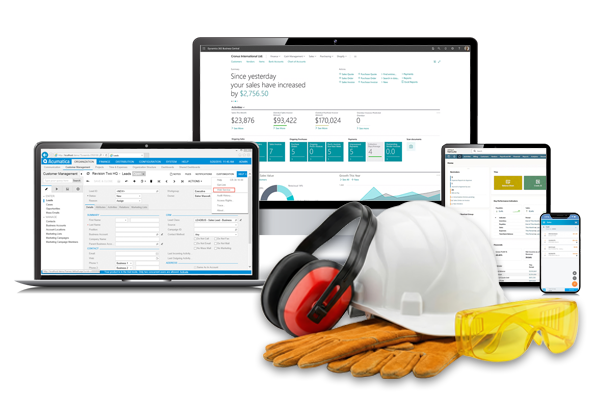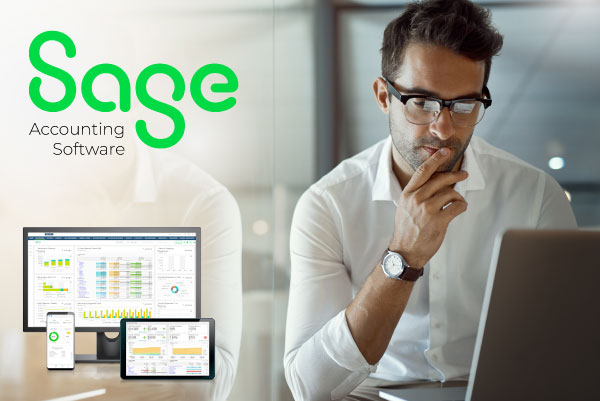ARTICLE | 5 MIN READ
Top 10 Questions To Ask Before Buying Accounting Software
The questions you’ll need to ask before buying accounting software.

Your business’s accounting software platform will impact your budget, productivity, and ability to analyze data for strategic decision-making. Buying accounting software starts with asking meaningful questions to help you decide which system will accommodate your organization’s needs.
Ask yourself:
1. What are the pain points we’re facing in our current environment?
Get input from employees who regularly use the system and from managers and executives who periodically run reports to evaluate financial performance. Determine areas of opportunity that new software could improve. For example, is managing your chart of accounts a nightmare? Does the platform prevent you from reporting financials by location?
2. What does our ideal environment look like?
After you’ve identified the things your current accounting software lacks, think about all the functionality you’d like to have in a new platform.
Some important considerations include:
- What other systems would you like to integrate your accounting software with to streamline your operations?
- What kind of reporting capabilities would give you better insight to address potential issues before they hurt your bottom line?
- How do you want to be able to access information? (e.g., a dashboard with real-time data
3. Do we want to keep our system on-premise or move to the cloud?
If you’re currently using an on-premise accounting system, now is an ideal time to explore cloud-based options that can eliminate hardware requirements and dramatically reduce support costs.
Some advantages of cloud-based financial software include the ability to access it from any Internet-connected device, security, and automatic data backups.
4. What are our expected cost savings?
Accounting software that automates processes and works seamlessly with other applications can eliminate the need to manually import data into and export data from your accounting system. Estimate the decreases in time and labor expenses your company expects to see as a result.
5. What is our budget for new software?
Is your company willing to pay more for a system that can provide additional functionality, or are you committed to your current price point? The answer to this question may require input from other stakeholders within your company. As you evaluate the cost of a new system, consider any cost savings it will provide by improving your organization’s administrative efficiency and increasing staff productivity.
Ask the vendor:
6. What level of consultation and staff training will we need before and after the implementation?
Accounting software systems have varying levels of complexity. For example, simple solutions can be instantly installed via a simple download, while enterprise-level software will involve consultation and configuration from your software provider. Also, inquire about the training your staff will need and what it might cost—and find out whether you or the vendor is tasked with coordinating the training.
7. Is the system implemented by configuration or by scripting/coding?
Software configuration involves activating features and functions that have been built into the software. Software implemented through configuration offers flexibility, stability, and security. It requires less ongoing technical assistance than systems that require scripting or coding.
A system that’s implemented by scripting requires coding to make direct changes to the software’s underlying database. Because computer code writing requires a technically-trained expert, it can make the system difficult—and expensive—to maintain.
8. What type of support will we get after implementation and is it included in our subscription?
Even the most straightforward implementations can be a bit confusing from time to time. It’s all but guaranteed that questions and issues will arise. Be sure to ask software vendors about what levels of support they provide after the software is in place and whether that support is covered in your software subscription.
9. How are future upgrades managed and are they included in our subscription?
Find out if the vendor will automatically upgrade you to newer versions of your software and apply feature enhancements as they’re released. Also, ask about the impact upgrades will have on your business. Will they require downtime? If so, can they be scheduled during off-hours? Will the vendor provide training for your staff on the new features? And most importantly, will you need to pay anything additional for updates, or does your subscription include them?
10. Are our requirements included in the scope of the project and implementation costs, or will they require a change order?
Once vendors have sent quotes for the implementation, ask if all aspects of the project are included in that rate. If a vendor considers some of your requirements to be “add-ons” rather than standard components within the scope of the initial project, you might end up paying far more than you anticipated.

Let’s Chat
Before investing in an accounting solution, and to make sure you’re making the best choice for your future success, speak with us.


